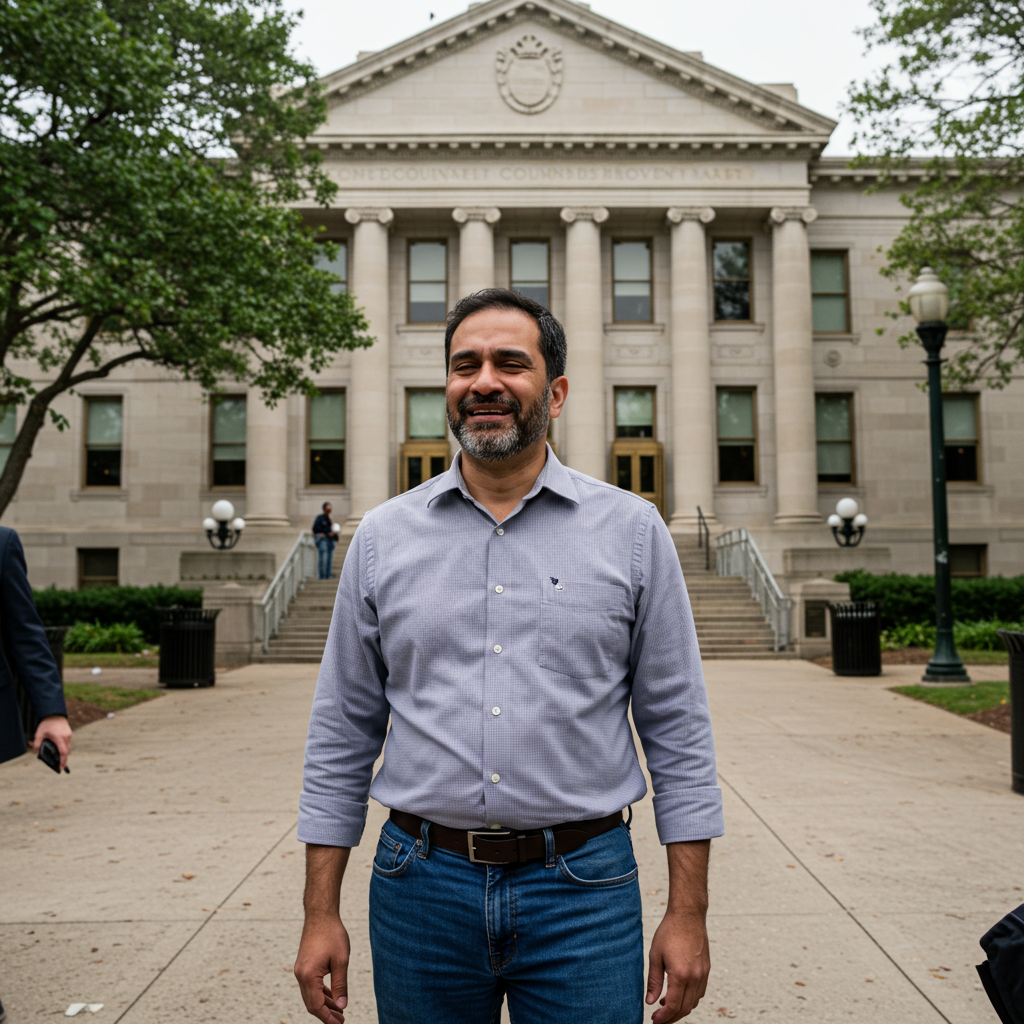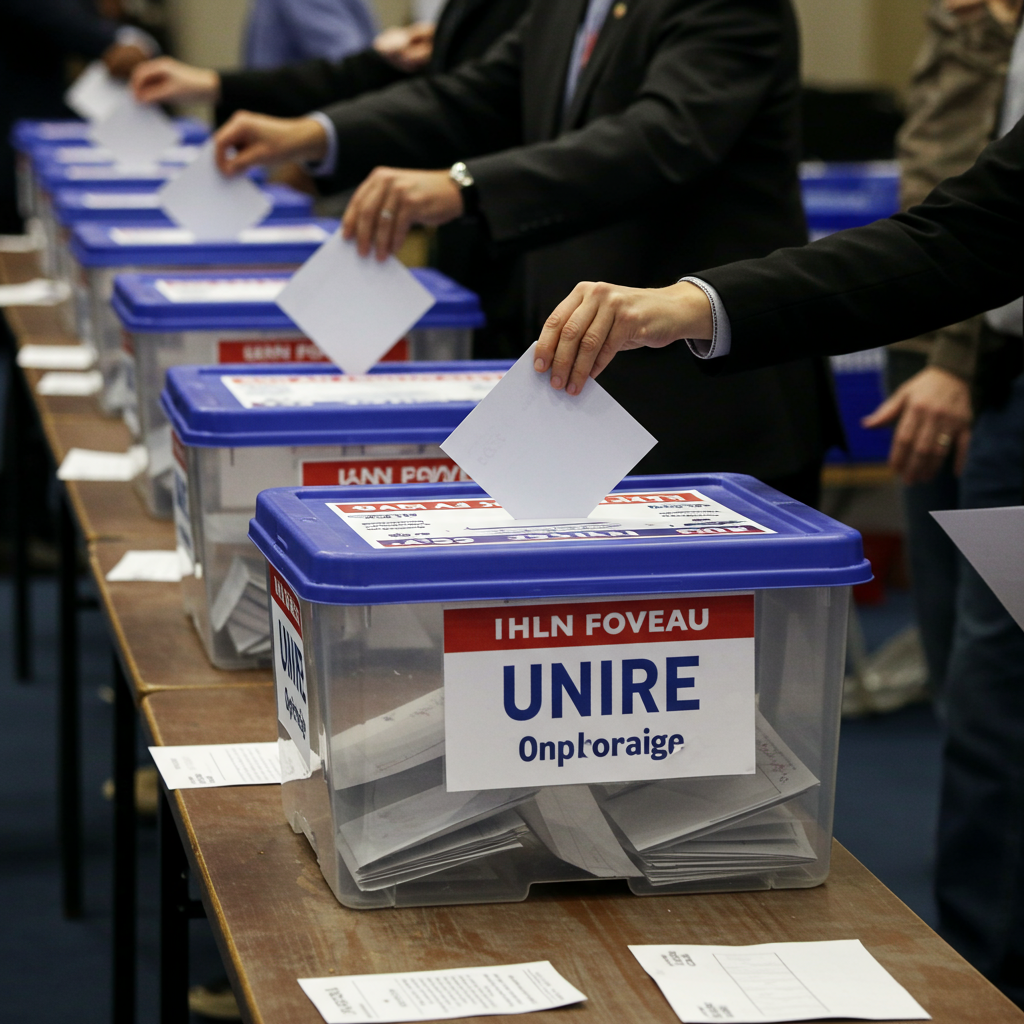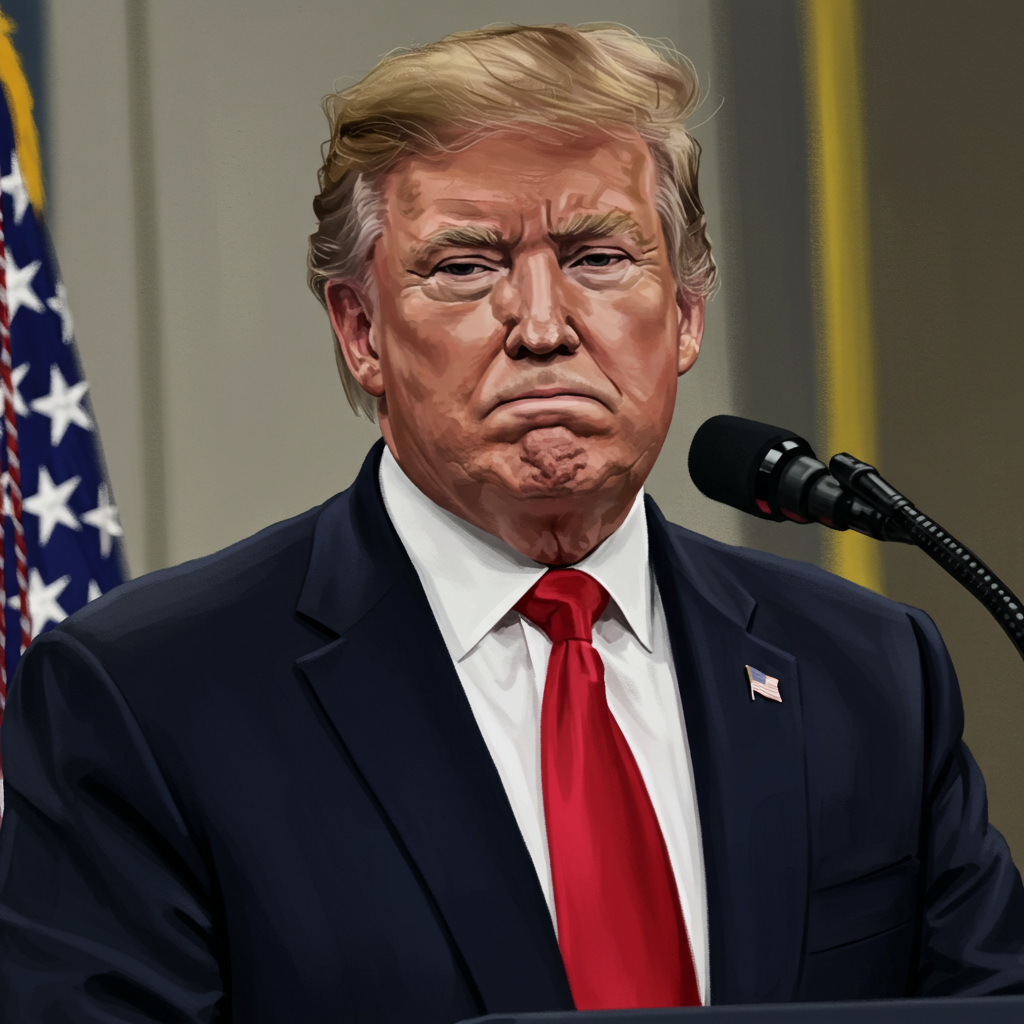Federal Judge Orders Release of Columbia Protester After Three Months in ICE Custody
A federal judge has ordered the immediate release of Mahmoud Khalil, a prominent Columbia University activist, from Immigration and Customs Enforcement (ICE) detention. The ruling, issued Friday by U.S. District Judge Michael Farbiarz in New Jersey, brings an end to Khalil’s more than three months in federal custody, a period during which his detention became a focal point in the debate over the Trump administration’s response to campus protests and its targeting of non-citizens.
Judge Farbiarz’s decision highlighted the “highly unusual” nature of Khalil’s prolonged detention and suggested that the government’s efforts to keep him incarcerated could potentially be a form of punishment related to his political views and activism.
Targeted Amidst Campus Crackdown
Mahmoud Khalil, a legal U.S. resident and graduate student at Columbia University, was arrested by ICE agents in his New York City apartment on March 8. His arrest reportedly marked him as the first noncitizen activist specifically targeted by the Trump administration as it intensified its focus on campus demonstrations, particularly those critical of Israeli actions in Gaza. Khalil had gained public visibility as a leader and negotiator for pro-Palestinian protesters at Columbia the previous year.
His detention quickly drew widespread criticism, with many viewing it as an overreach and a potential violation of his rights to free speech. Protests demanding his release were held in New York and Washington D.C.
Shifting Justifications and Judicial Scrutiny
The government’s rationale for detaining and seeking the deportation of Khalil evolved over time. Initially, Secretary of State Marco Rubio invoked a rarely-used provision of the Immigration and Nationality Act, claiming Khalil’s presence threatened U.S. foreign policy interests due to his activism related to combating antisemitism. However, Judge Farbiarz ruled this reasoning was likely unconstitutional last week, stating it could not be used as a basis for detention or deportation.
Following this setback, the administration presented a different justification: allegations that Khalil failed to disclose information on his 2024 application for lawful permanent residency. Despite the shift, Khalil remained in custody, held at a facility in Jena, Louisiana.
During the bail hearing, Judge Farbiarz reportedly expressed significant skepticism regarding the government’s continued efforts to detain Khalil on the new charge. He characterized the detention based on the green card allegation as overwhelmingly unlikely for a lawful permanent resident and again raised the possibility that the immigration charge was being used to punish Khalil for his activism against Israeli military actions. Judge Farbiarz firmly concluded that Khalil was “clearly not a flight risk” and posed “no danger to the community. Period, full stop.”
Adding complexity, Khalil’s lawyers informed the court during the hearing that an immigration judge in Louisiana had just denied Khalil’s request for asylum and ordered him deported. However, Judge Farbiarz’s federal court order ultimately superseded the immigration judge’s decision, paving the way for immediate release.
Reuniting with Family, Legal Fight Continues
Khalil’s attorneys had argued passionately that his detention violated his constitutional rights, including freedom of speech, and sought his release to be closer to his family. His wife, Dr. Noor Abdalla, a U.S. citizen, gave birth to their first child, a son named Deen, in April while Khalil was in detention. Khalil himself graduated from Columbia while incarcerated, with his wife accepting his diploma on his behalf.
The judge’s order requires Khalil’s release without electronic monitoring or the immediate posting of a bond. Conditions of his release set by a U.S. Magistrate Judge require him to surrender his passport but allow him to retain his green card. His travel is restricted to specific domestic locations: where his family lives, areas necessary for court appearances and attorney visits (including New Jersey and Louisiana), and notably, Washington D.C. for lobbying and legislative purposes. International travel is barred.
Upon his release from the Louisiana facility on Friday evening, Khalil’s immediate focus was reuniting with his wife and son. He commented on his ordeal, expressing relief but also criticizing the Trump administration and raising concerns for other detainees, stating that many left behind “shouldn’t be there in the first place.” He asserted that the administration was “doing their best to dehumanize everyone.”
Despite the court order, the White House, through spokeswoman Abigail Jackson, maintained that Khalil engaged in “fraud and misrepresentation” and “conduct detrimental to American foreign policy interests.” The administration contested Judge Farbiarz’s jurisdiction and stated they expected to be “vindicated on appeal,” reiterating their intent to remove Khalil from the United States. Department of Homeland Security spokeswoman Tricia McLaughlin echoed this, calling the ruling an example of the judicial branch “undermining national security” and asserting the administration acted within its authority.
While this ruling marks a significant victory for Mahmoud Khalil and his family, his legal challenge against the deportation proceedings is expected to continue. He is reportedly the last noncitizen student known to be in federal custody among several scholars and students targeted by the administration over campus activism.




